Learning Styles Vs. Multimodal Learning: What’s The Difference?
Instead of passing out learning style inventories & grouping students accordingly, teachers should aim to facilitate multimodal learning.
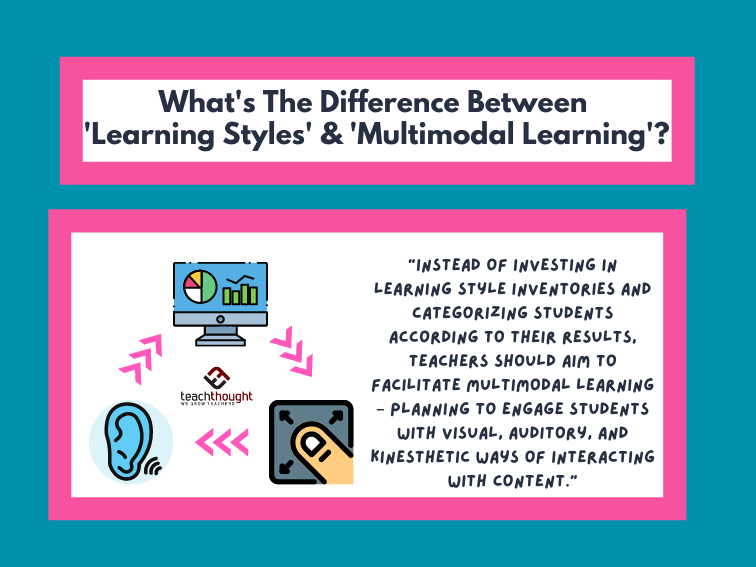
Instead of passing out learning style inventories & grouping students accordingly, teachers should aim to facilitate multimodal learning.
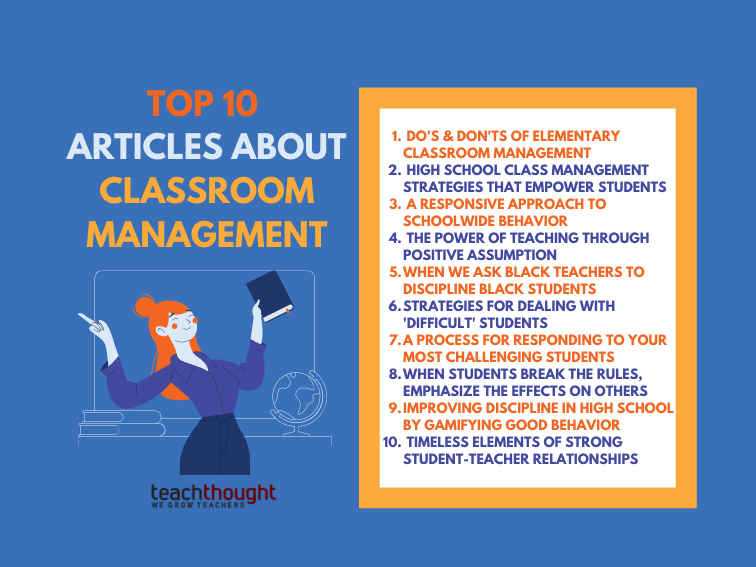
We’ve compiled our best articles on classroom management for novice & experienced teachers to refresh their skills & reframe their thinking.
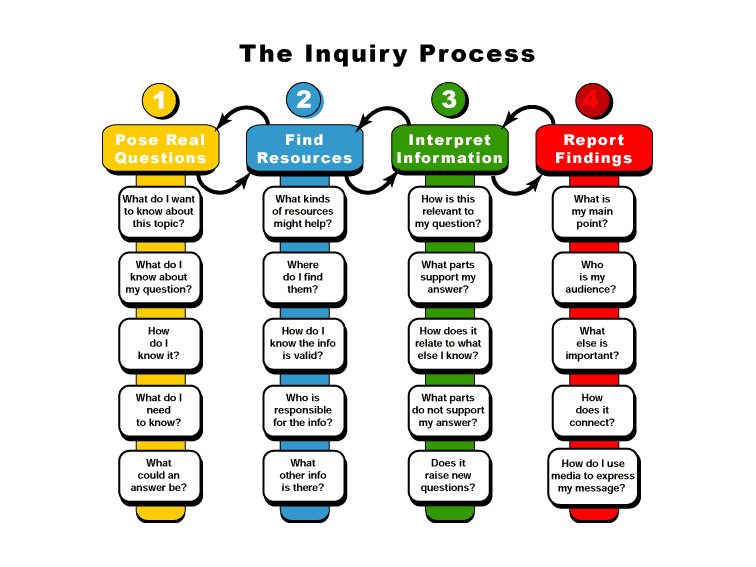
Guiding inquiry-based learning centers learning on a solving a particular problem or answering a central question.
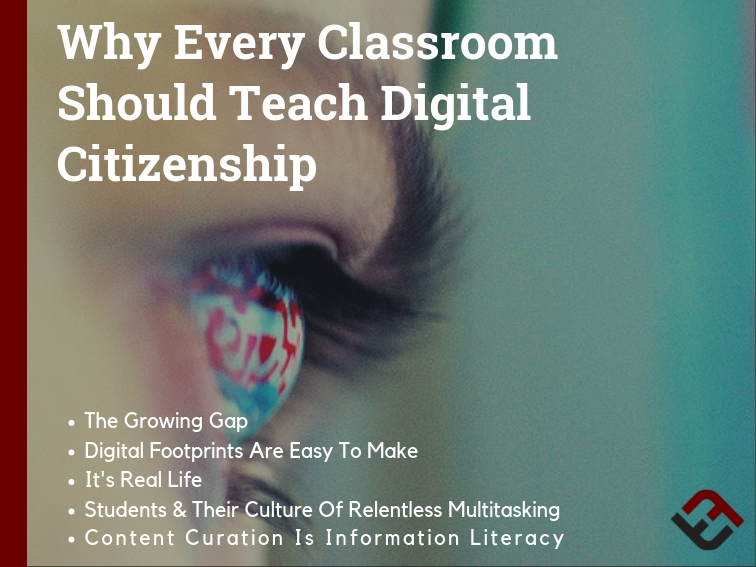
When you teach digital citizenship to students, you can help to create a positive school culture that supports safe, responsible tech use.
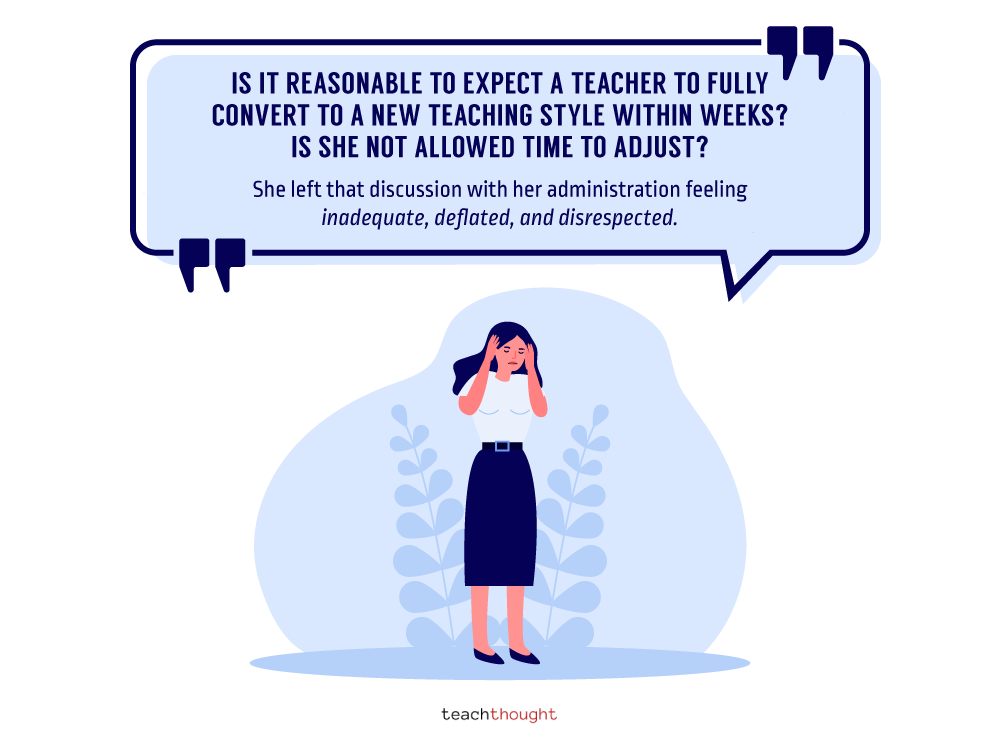
The push is to do more, do it faster, improve the student’s grades and, more importantly, their standardized test scores.
‘Personalized learning’ can often seem synonymous with ‘time-consuming’ and ‘overwhelming,’ but it doesn’t have to be that way.
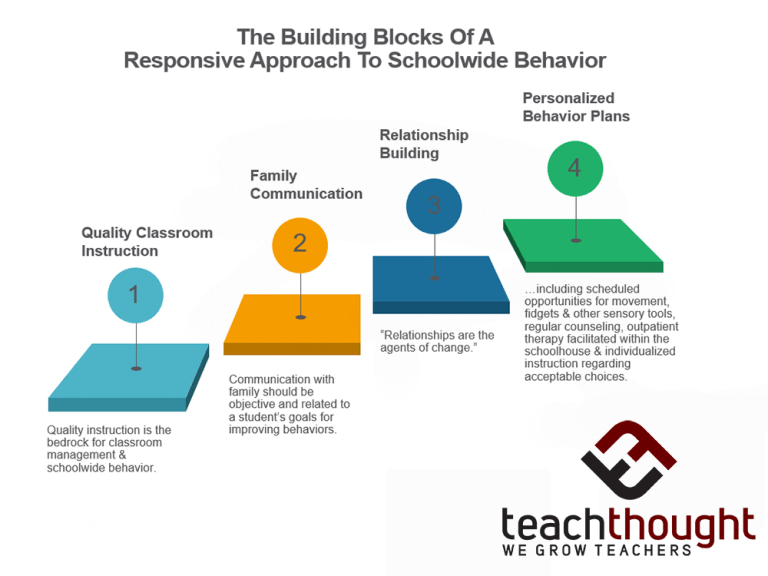
The building blocks of a schoolwide behavior program are quality instruction, communication, relationships, & personalized behavior plans.
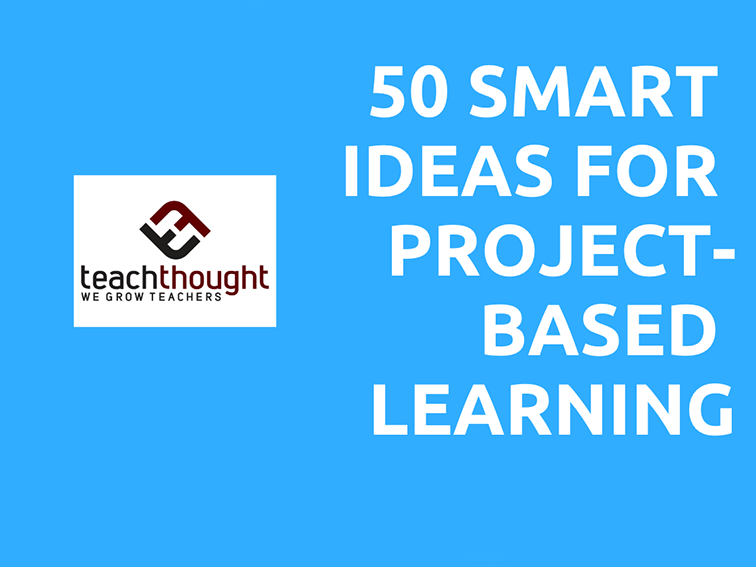
The genesis of a great project is the idea itself — we’re providing you with 50 smart ideas for project-based learning in your classroom.
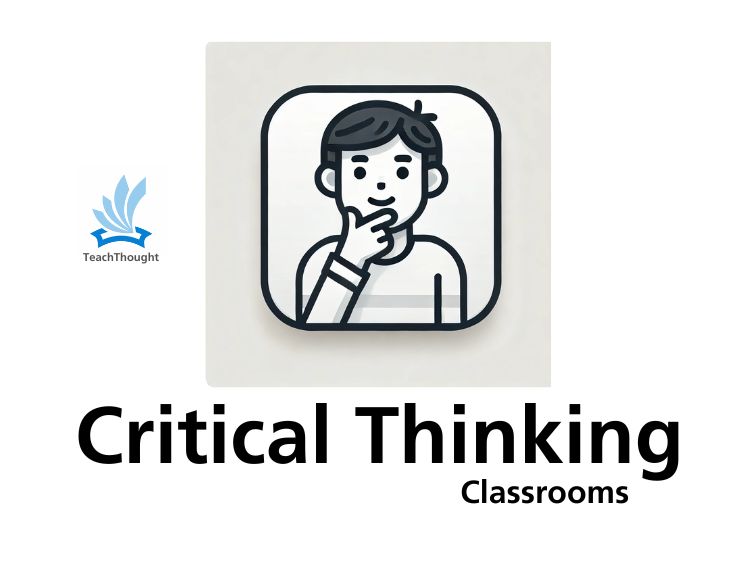
One condition: There is no single, obvious, or superficial solution path – yet, the task is ‘doable.’
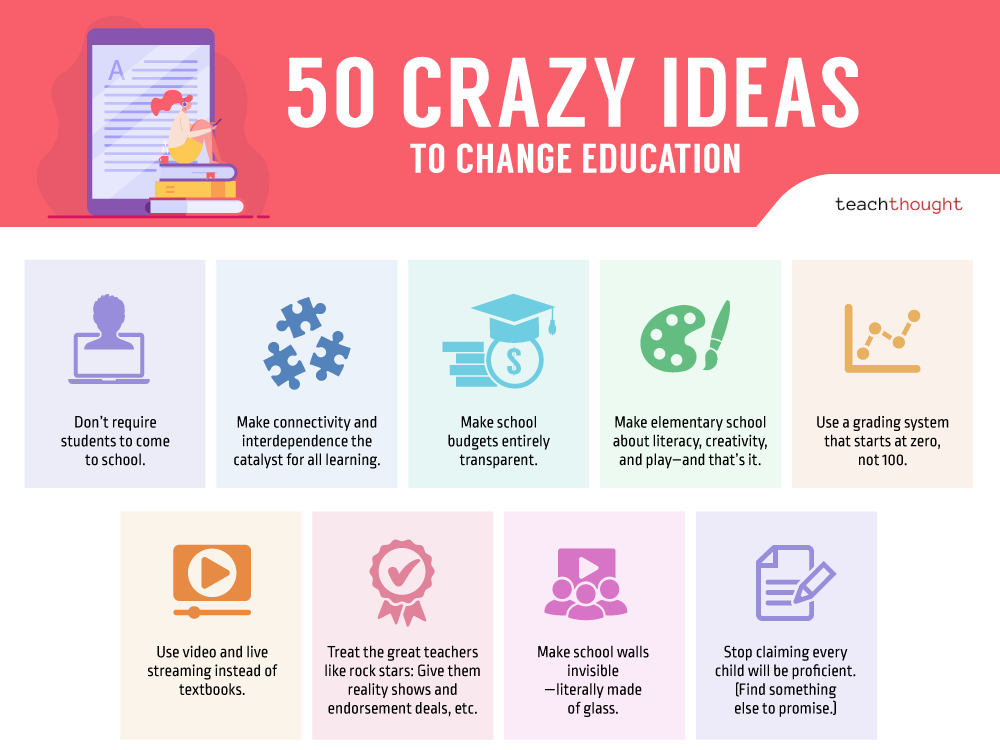
Make any politician voting on legislation have to qualify for that right to vote by spending a certain number of hours in the classroom.
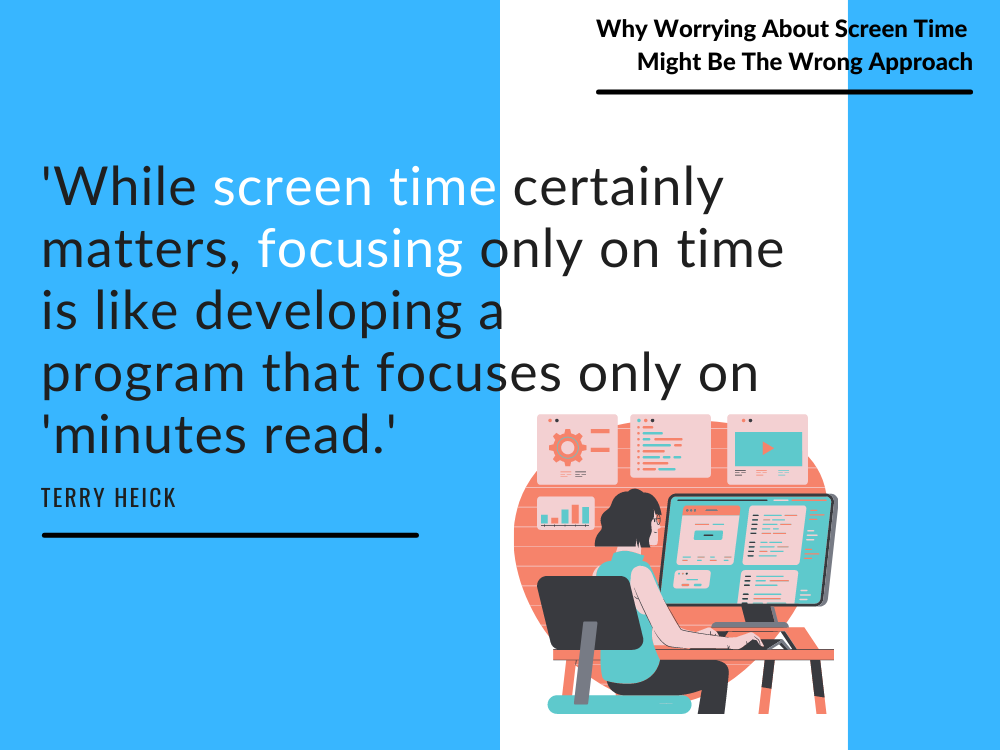
While screen time certainly matters, focusing only on time is like developing a literacy program that focuses only on ‘minutes read.’
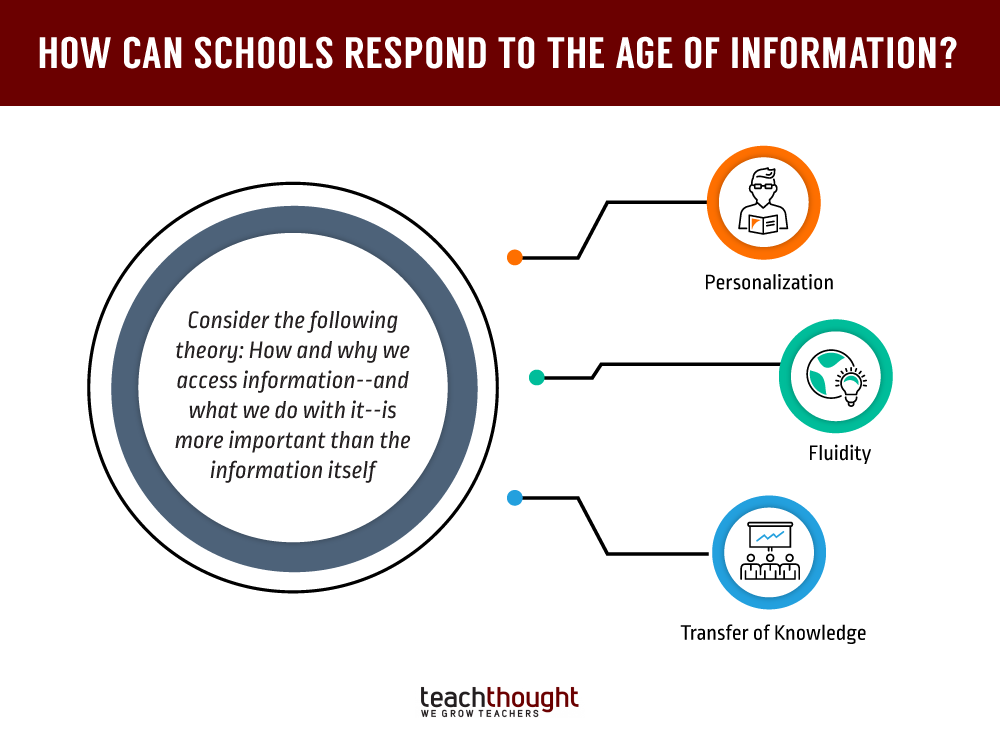
In the Age of Information, data has moved from singular places (here and there) to infinitely plural realities.
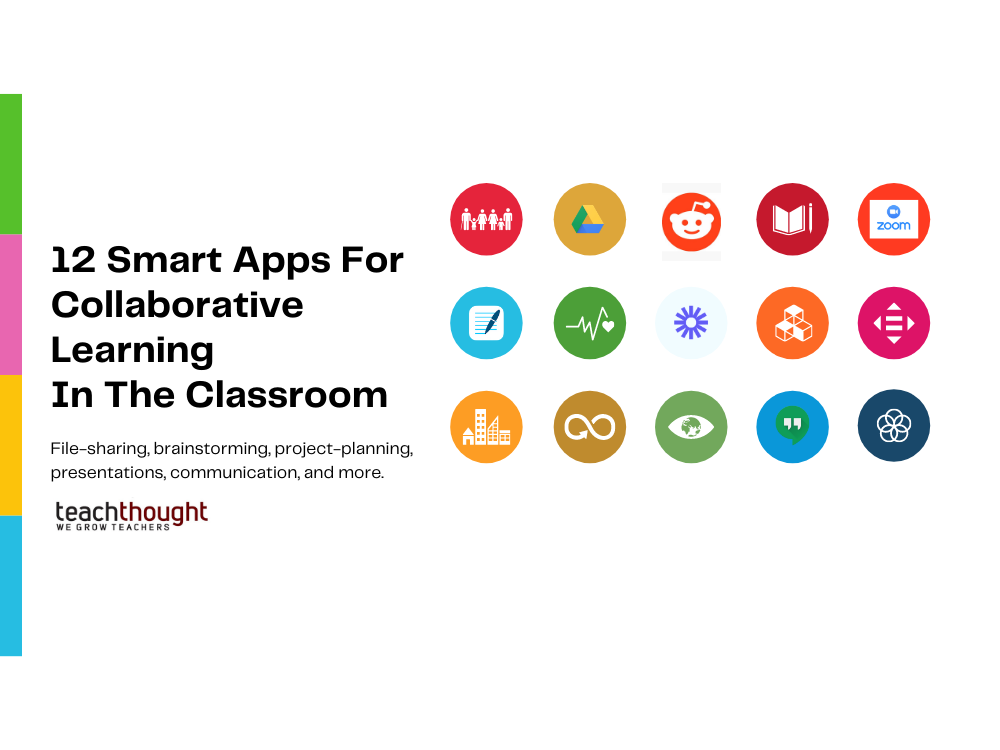
From brainstorming ideas to streaming video, here are 12 of the best apps for collaborative learning in the classroom.
No matter what subjects we teach, there are ways to erase the lines between disciplines and create a dynamic, holistic learning environment.